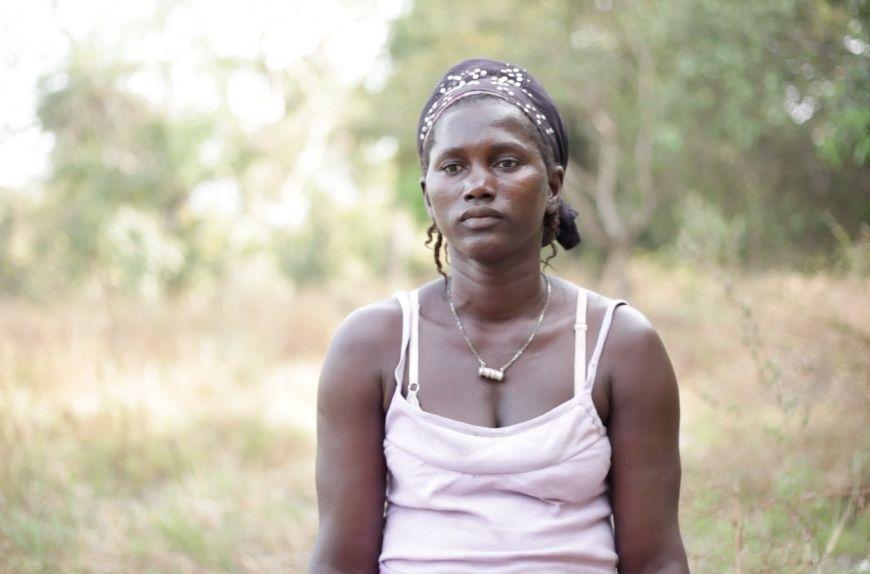In 2014, West Africa suffered from an explosion in logging due to the lucrative trade in rosewood. Chinese imports of West African rosewood, Pterocarpus erinaceus, increased from US$12,000 to over US$180 million in just five years, a 15,000-fold increase, making this the most heavily traded tropical hardwood species in the world. In the rural areas of West Africa, where the ongoing rosewood trade has been heaviest, more than 90% of the population depends on farming for survival. Loggers offer local communities just a few dollars per trunk, or a small amount of food in exchange for cutting trees that sell for over $USD18,000 per container. Often they take what they like without offering any compensation whatsoever. This is despite the crucial role of these forests, which produce and store over 90% of regional rainfall and so are vital for local farmers. Their role in water recycling for local distribution is higher than that of the Amazon and the forests of North America.
In 2015, the government of Guinea-Bissau implemented a logging moratorium, and the authorities confiscated vast amounts of cut timber. Unfortunately, after the ban on selling rosewood was lifted in 2018, illegal logging has rapidly returned. Chopping down rosewood is theoretically still prohibited, however freshly-cut logs are laundered by passing them off as part of the reserves of confiscated timber stockpiled by the government. The current vice-president, who is in charge of timber exports, is the owner of a major sawmill in the capital city.
The powerful financial interests at play – from the IMF and World Bank, who are creditors to Guinea Bissau and who were paid with the sale of the stockpile, to organised crime, traffickers and members of the military – makes fighting deforestation dangerous. People who attempt to stop the logging face violent reprisals. The knock-on effects of the illegal timber trade also affect rural communities, whose roads are destroyed by heavy machinery, making it impossible for ambulances to reach them in emergencies.
Find out more about the fight against the illegal rosewood trade from the environmental defender Justino Sa on our Immerse page.




